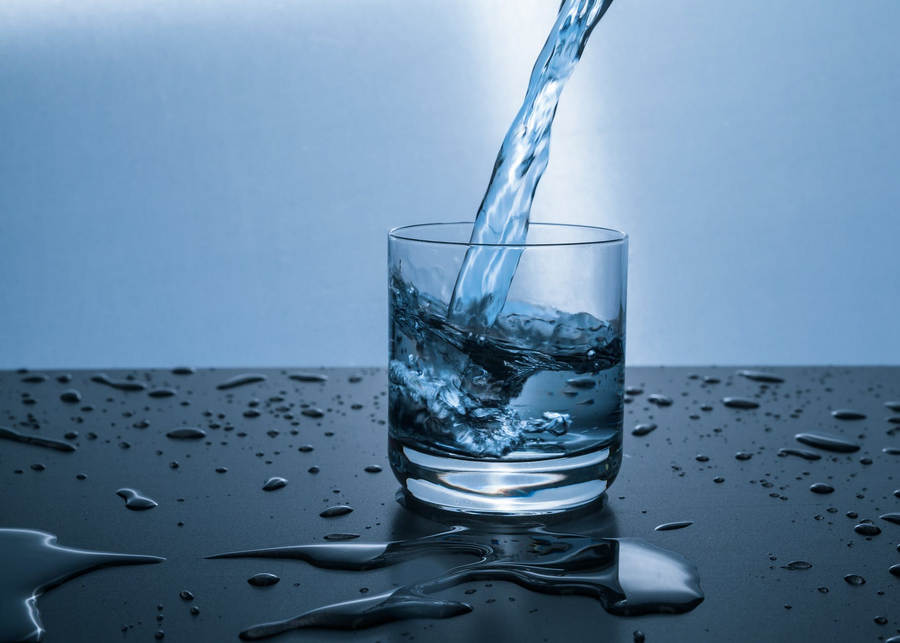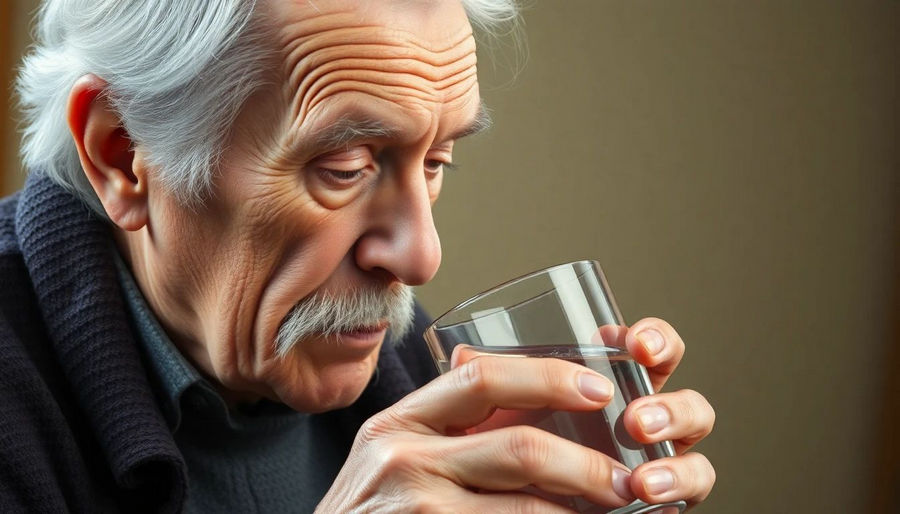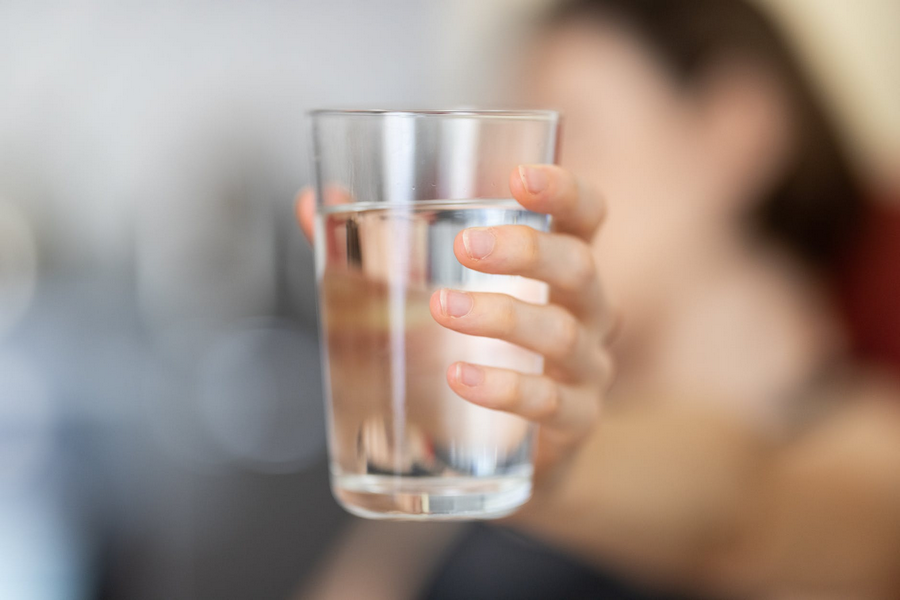It’s important to know how to keep seniors hydrated. Dehydration is something that can be dangerous or even life-threatening at any age. However, as we age, our risk for complications relating to dehydration increase exponentially. Many factors could contribute to seniors’ tendency to dehydrate more quickly than when they were younger.
As we age, our body’s water composition lessens as muscle mass shrinks and fat replaces it. Muscle is comprised of about 80% water and serves as a reservoir for our body. Fat, on the other hand, is much denser, comprised of only about 10% water. When our muscle mass dwindles, so does the hydration supply.
Also, as we age, our brain becomes less sensitive to thirst, and we may not recognize we need fluids. Similarly, our kidneys may not work as effectively. Many seniors are on medications such as diuretics, which are notorious for leading to dehydration in seniors, along with other medicines that can cause increased sweating or urination.
Cognitive impairment (Alzheimer’s, dementia, etc.) can lead us to forget the last time we drank water or confuse our ability to recognize thirst is the cause of our ailments. One of the primary reasons seniors are sent to the emergency room in the United States is dehydration.
Dehydration in seniors with Alzheimer’s or dementia is particularly dangerous, as it exacerbates symptoms such as aggravation, confusion, and cognitive impairment. Although this is known within memory care facilities, it is still imperative that caregivers watch for signs of dehydration. However, overhydration can cause sodium levels to drop, leading to delirium and other neurological complications.

Suggestions on How to Keep Seniors Hydrated
It is recommended that women drink 2-2.7 liters of water a day, while men are encouraged to drink 2.5-3.7 liters of fluids. Women, especially older women, are the most vulnerable to dehydration, causing difficulty paying attention and performing simple tasks.
Prolonged dehydration in seniors leads to an accelerated decline in cognitive and motor functions and contributes to brain pathology and continued dysfunction.

Ways to Prevent Dehydration
It is essential to prevent dehydration in our loved ones, so try to encourage lots of water with minimal sugary or caffeinated drinks. If forgetting to drink something is an issue, try setting a reminder on a phone or stopwatch. Each time the reminder goes off, drink an allotted amount of fluids to ensure hydration throughout the day.
When it’s sweltering or when doing strenuous exercise, make sure to increase the fluid intake to account for the loss of water from sweating. Sometimes seniors can be stubborn and may not feel like drinking anything. In that case, try incorporating foods with higher water content, such as fruits and vegetables or broths.
Strength exercises that promote muscle production can also help retain hydration, as muscles have high water content, as we established earlier.
Dehydration in seniors can happen quickly without the watchful eyes of our caregivers. At Applewood Our House, our caregivers are trained to recognize symptoms of dehydration and experts at preventing it altogether.
When residents are at a higher risk for dehydration when suffering from fever, diarrhea and vomiting, excessive sweating, or increased urination, caregivers pay special attention to replenishing the body’s fluids, electrolytes, and minerals to ensure optimum hydration.

How to Keep Seniors Hydrated – Conclusion
As the population of seniors in America is steadily increasing, so too are their risk factors and needs. This makes it imperative that we know how to keep seniors hydrated and healthy at any age.
If you’re looking for a trusted assisted living care provider who specializes in this area, contact Applewood Our House today! We help identify your senior loved one’s specific needs and develop personalized plans tailored for them.






